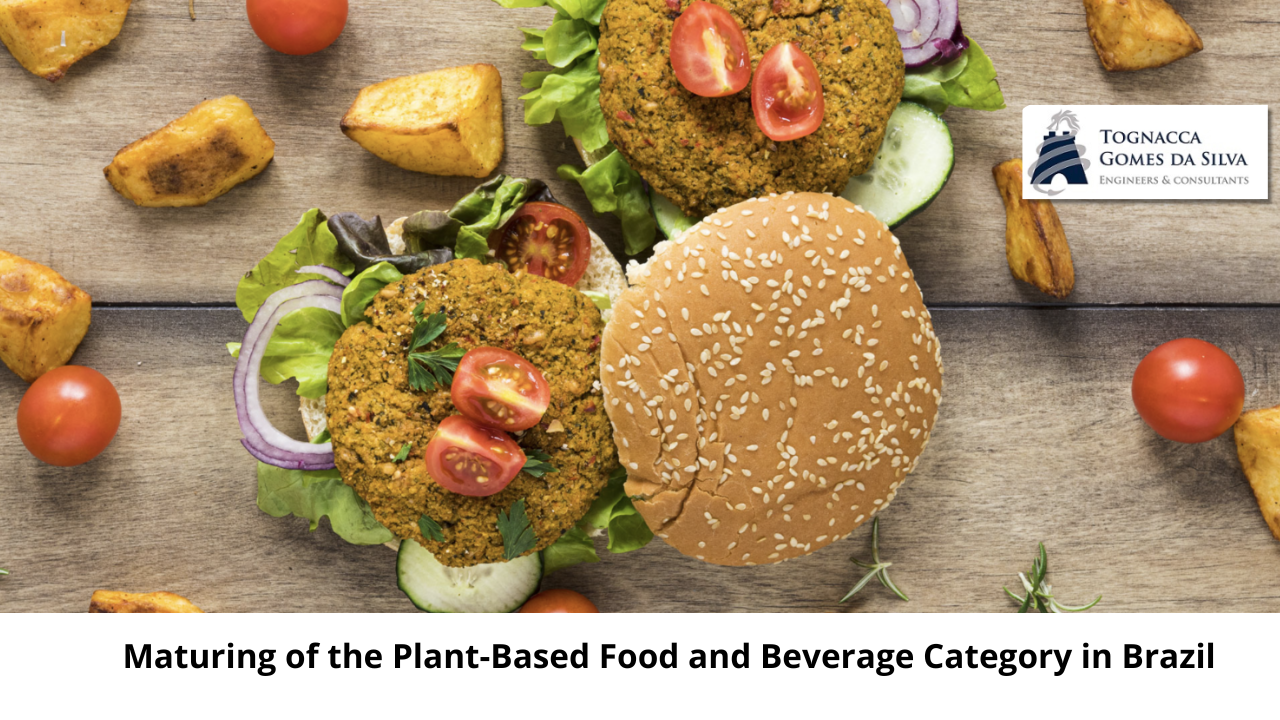In recent years, the plant-based Food and Beverage (F&B) market in Brazil has undergone a process of consolidation and adjustment. After the great boom observed from 2019 onwards, driven by a growing interest among entrepreneurs in launching their Plant Based lines and even entering this category with the opening of new companies, the scenario in 2023 already indicated a movement of retraction on the part of entrepreneurs. The enthusiasm that fueled the emergence of dozens of startups focused on plant-based products appears to be giving way to a phase of restructuring.
Barriers to Growth
Although the plant-based market has attracted widespread attention, it faces significant barriers preventing mass adoption. Among the main challenges, the following stand out:
• High price: Plant-based products are still more expensive compared to those of animal origin, which limits their competitiveness and accessibility for a large part of Brazilian consumers.
• High cost of ingredients and technology: The production of plant-based foods requires significant investments in high technology to ensure that the products achieve a sensorial quality that pleases the palate of the traditional consumer. Furthermore, many of the ingredients used are imported, which makes production even more expensive.
• Complex manufacturing processes: The technology involved in creating plant-based foods, which often replicate the texture and flavor of animal products, requires expensive processes, which makes scalability and cost reduction difficult.
These barriers have kept the sector in a position that prevents more significant growth in the mass market.
Debug Phase
As with other innovative product categories, the plant-based F&B market in Brazil is going through a depuration phase. After the initial phase of euphoria and launch of new products, the sector is adjusting to market realities. Although some industries have shown continued growth, several startups that initially bet big on plant-based have faced difficulties and, in some cases, closed their operations.
Among the reasons that contributed to the closure of some of these startups are:
• Lack of efficient management: Many new companies face challenges in managing resources and executing their business plans.
• Lack of capital for new investments: In a still emerging market, it is common for companies to need continuous injections of capital to sustain growth, something that not all of them have managed to obtain.
• Market oversizing: Initial optimism regarding the growth potential of the Brazilian plant-based market was, in many cases, overestimated. The target audience, despite being expanding, is still limited compared to more mature markets, such as Europe and the United States.
Comparison with the European Market
While in Europe the plant-based market continues to grow consistently, with increasing acceptance by consumers and a more diversified product offering, in Brazil growth has been more modest. The oversizing of the national market contributed to the sector facing a readjustment phase in 2023.
An example that illustrates this adjustment phase was the second edition of the 1st Plant-Based Food Fair in Brazil, scheduled to take place in September 2024, the first edition, in 2022, which was considered a success, reflecting the initial enthusiasm of the market was unable to repeat this success at the launch of the second edition, which was canceled due to the lack of public and exhibitors, highlighting the new moment of adaptation that the sector is going through.
Sustainable Growth and Market Future
Despite the challenges faced, the plant-based food market in Brazil continues to evolve and show signs of maturity. The adjustment phase that the sector is experiencing does not represent a setback, but rather a necessary step to ensure long-term sustainable growth. As the market consolidates, it is expected that it will stabilize at a more realistic and well-structured level.
Like other innovative product categories, the plant-based market in Brazil will go through cycles of growth and adjustment. However, the long-term trend is clear: the category is here to stay. With growing awareness about health, animal welfare and sustainability issues, plant-based products will continue to play an important role in the future of food in Brazil.
The maturation of the market will be marked by the professionalization of companies, improvements in production efficiency and, eventually, a reduction in costs. While rapid growth has been contained, demand for healthy and sustainable alternatives will continue to drive innovation and expansion in the sector.
( fonte: digital agro)



